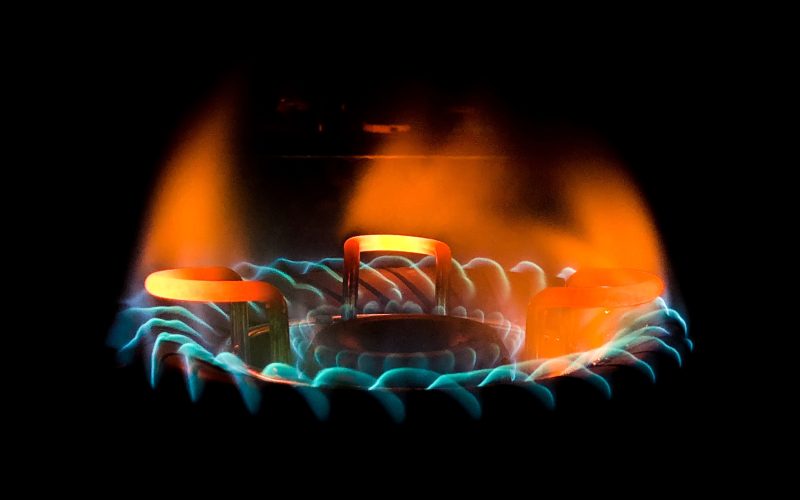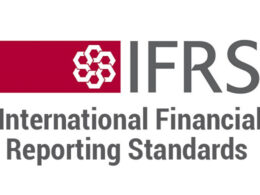A leading global authority on voluntary carbon markets has approved three new methodologies for projects that cut emissions by transitioning to cleaner fuels in domestic cookstoves. The move aims to enhance buyer confidence in the credibility of the carbon credits these initiatives generate.
Carbon trading allows companies to purchase credits from projects that reduce emissions, such as promoting cleaner cooking fuels or preventing deforestation. The system is seen as a way for wealthier nations to meet their emissions reduction targets while supporting developing countries in their shift to greener energy and strengthening climate resilience.
According to Ecosystem Marketplace data, the global voluntary carbon market was valued at approximately $723 million in 2023.
Supporters of clean cookstove projects argue that, beyond reducing emissions from burning kerosene or coal, they offer significant health benefits by limiting household exposure to air pollution. However, critics have raised concerns that such schemes have previously overstated their emissions reductions and overestimated their adoption rates.
The Integrity Council for the Voluntary Carbon Market (ICVCM), an independent body overseeing carbon market governance, has sought to address these issues by introducing Core Carbon Principle (CCP) standards, which assess the credibility of carbon offset projects.
The ICVCM stated that the newly approved cookstove methodologies require a more stringent approach to determining baseline fuel replacement and monitoring usage, thereby minimising the risk of over-crediting.
“This will provide the confidence needed to ensure that carbon finance can flow into these projects, enabling them to deliver their social, environmental and health benefits to communities around the world,” said Amy Merrill, CEO of the ICVCM.
The organisation added that a substantial number of projects are expected to update their methodologies to align with the new criteria, potentially leading to the issuance of hundreds of thousands of carbon credits over the next year.
Additionally, the ICVCM has approved a household bio-digester project, which uses a sealed container to break down household waste, such as food scraps, into a usable cooking fuel.




















